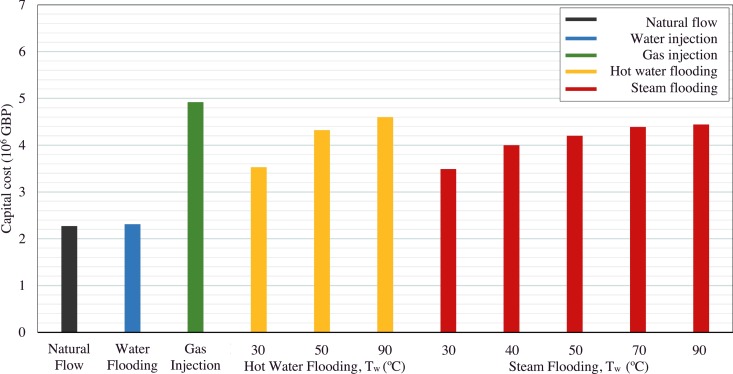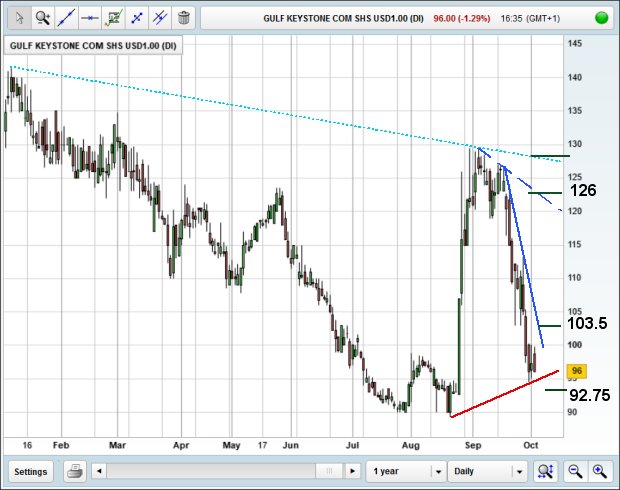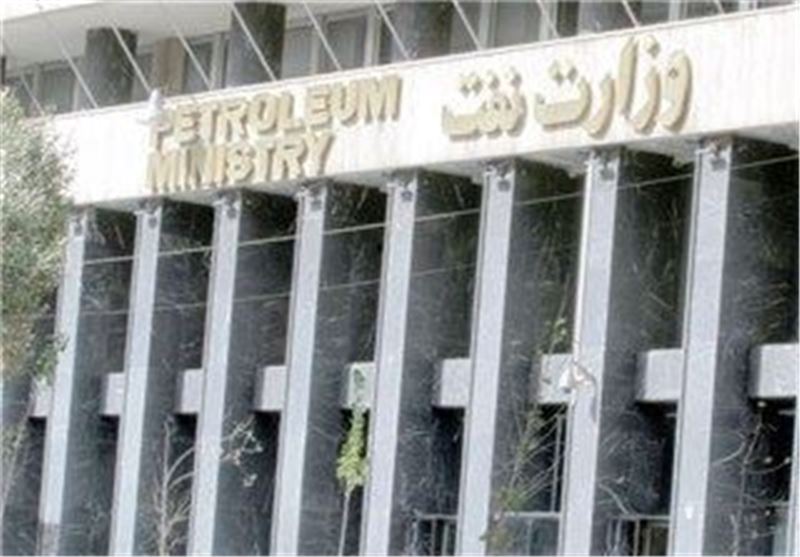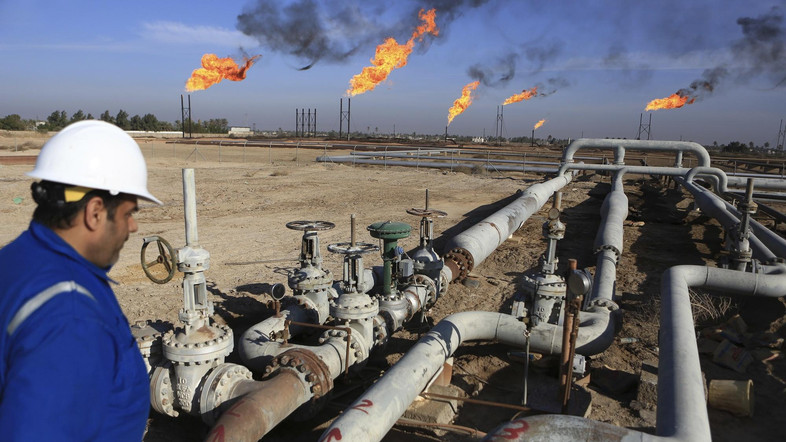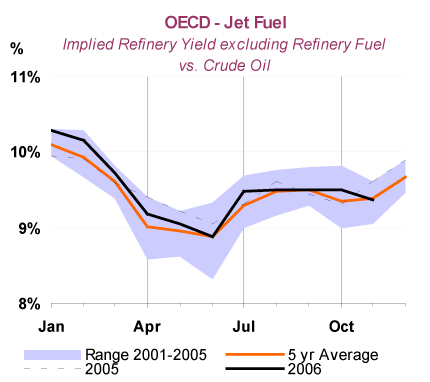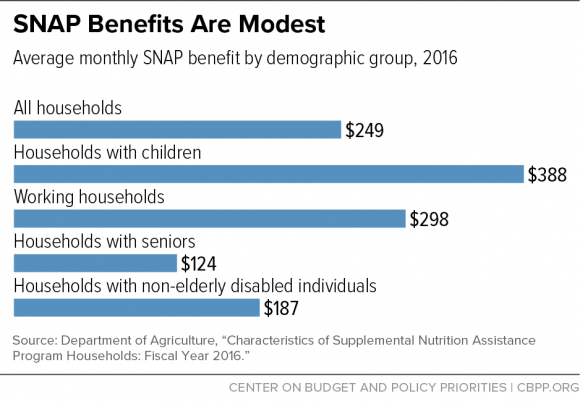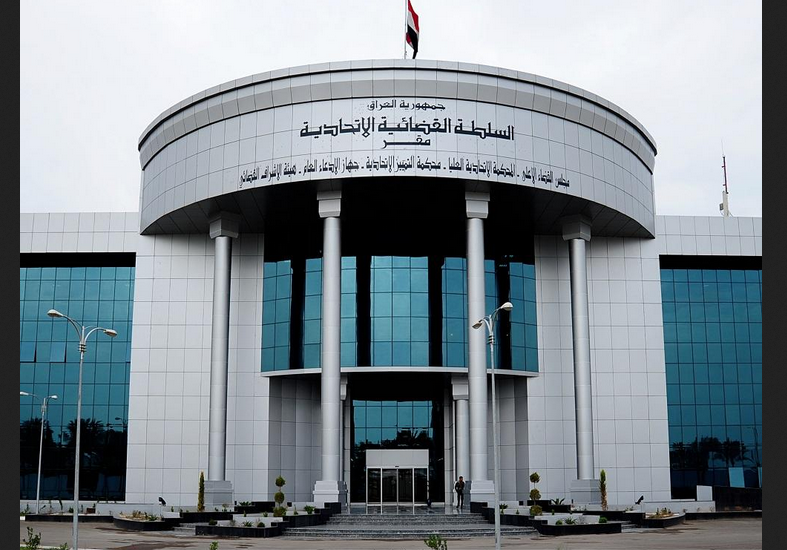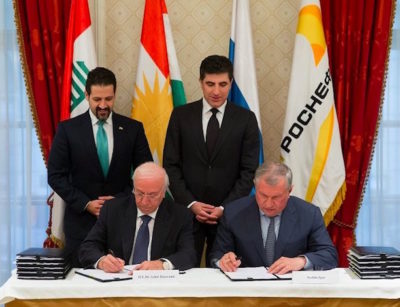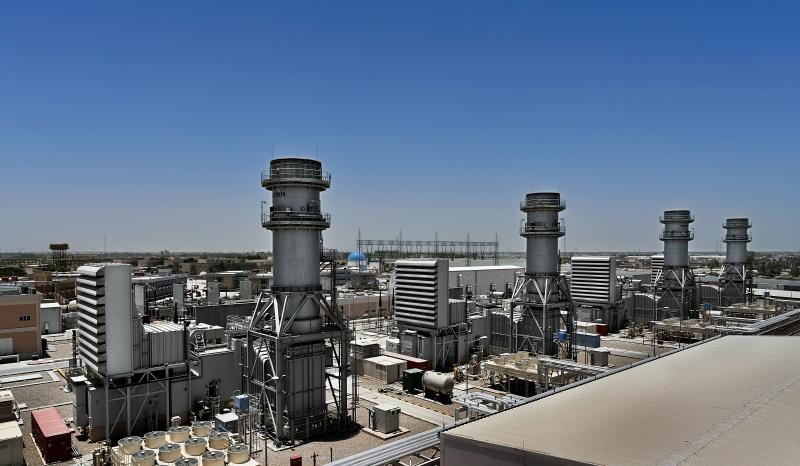By Ahmed Mousa Jiyad.
Any opinions expressed are those of the authors, and do not necessarily reflect the views of Iraq Business News.
Immediately after the Iraqi parliament voted the new INOC Law and after thorough and critical examination and analysis of the law it becomes apparently clear that the law is full of shortcomings, ambiguity, contradictions and above all it contrives the Constitution repeatedly and thus it is unconstitutional. Hence, an appeal to the Federal Supreme Court becomes urgent necessity to revoke this devastating law.
Due to the importance of the law and its highly likely damaging impacts on the petroleum sector and on the Iraqi economy at large, it is imperative and of vital necessity to adopt inclusive and participatory methodology for combating the law. For this purpose I adopted four phases AMTA approach: Awareness, Mobilization, Teaming-up and Action.
Awareness phase aims at highlighting what is seriously wrong with the law by, first, providing preliminary evaluation of the law. The evaluation, written in Arabic on 8 March, was posted on many websites, such as (http://www.akhbaar.org/home/2018/3/241534.html ) and disseminated among my very extensive network of contacts inside and outside Iraq (ca. 2000 contacts). Similarly, an English article was posted on 12 March on IBN website (http://www.iraq-businessnews.com/2018/03/12/inoc-law-dysfunctional-unconstitutional-and-disintegrative/ )
Further article in Arabic was shared, on 20 March, among my network and also published widely provides further specific and with economic evaluation on how this law could violate the constitution, weaken INOC itself and contribute to the disintegration of the country, (http://www.akhbaar.org/home/2018/3/242198.html)
Mobilization phase began by calling upon Iraqis, collectively or individually, to protest the law and file “open” appeal to the Federal Supreme Court; two articles in Arabic were shared and posted on 26 and 27 March respectively: http://www.akhbaar.org/home/2018/3/242229.html and http://www.akhbaar.org/home/2018/3/242284.html
The call aims at prompting the citizens to know their constitutional rights and empower them with the knowledge base to act as was enshrined in the constitutional article 93, which says the Federal Supreme Court shall have jurisdiction over the following, among others: “Overseeing the constitutionality of laws and regulations in effect” and “The law shall guarantee the right of direct appeal to the Court to the Council of Ministers, those concerned individuals, and others.”
Much of my writings were in comparative and structuralist methodology: by comparing this law with first, the constitution, second, with previous INOC laws, third, with other laws of direct relevance to the topic and fourth with lessons learned from INOC history and structural progression since its foundation in early sixties of the last century.
Team working phase began when many oil professionals, lawyers, civil society organization, politicians, parliamentarians and media sources among others supported the idea of appealing to FSC.
Three groups of Iraqi lawyers volunteered to provide legal support on substantive and procedural matters pertaining to the appeal before FSC and a small group of Iraqi oil professionals was assembled in Baghdad to maintain contacts with the lawyers and follow-up the matter inside the country especially with media sources and events organization. The discussion with the lawyers suggests that at this stage, two fundamental steps must be done: the first is to prepare a draft of detailed appeal against the law on article-by-article base and the second is to provide the lawyers with “Power of Attorney” by me and other plaintiffs.
A detailed appeal (in Arabic) was drafted and circulated, 4 April 2018, among the wider network and also posted on many websites such as, http://www.akhbaar.org/home/2018/4/242627.html . The draft proves that INOC law contravenes ten constitutional articles in addition to other critical flaws; in total there are 29 identified cases for appeal against the law.
Action phase began with many different actions:
– Many of the contacts in my professional network recirculated the articles above mentioned among their own networks;
– One lawyer convened a big gathering in one of Baghdad known hotels attended by active parliamentarians;
– A well-respected journal, Al-Thaqaf al-Jadeda, convened, on 7 April, in Baghdad, a roundtable debate on the law attended by known professionals on both side of the isle, my participation was in absentia and the PowerPoint was presented by one of the supporting group there;
– A report on the debate was published on 8 April on Tareeq Al-Shaab Newspaper;
– A group of Iraqis abroad launched on 4 April an online-campaign against the law (http://ehamalat.com/Ar/sign_petitions.aspx?pid=1002 )- the number of cite visitors exceeds 8000 (at 13 PM Norway time today 8 April 2018).
Copy of the “Power of Attorney” was circulated among “the willing and like-minded” to authorize specified two lawyers to pursue the appeal once the law was published on the Official Gazettes- Al-Waqaee Al-Iraqiya. It is also available for anyone willing to pursue the appeal action.
All components of the AMTA approach are ongoing and continue until this atrocious law is revoked.
Those willing to see the text of draft appeal in Arabic can access it freely through
تفاصيل الطعن المباشر بقانون شركة النفط الوطنية العراقية http://www.akhbaar.org/home/2018/4/242627.html
For endorsing our campaign against the law one can sign on the electronic appeal through
http://ehamalat.com/Ar/sign_petitions.aspx?pid=1002
Mr Jiyad is an independent development consultant, scholar and Associate with the former Centre for Global Energy Studies (CGES), London. He was formerly a senior economist with the Iraq National Oil Company and Iraq’s Ministry of Oil, Chief Expert for the Council of Ministers, Director at the Ministry of Trade, and International Specialist with UN organizations in Uganda, Sudan and Jordan. He is now based in Norway (Email: mou-jiya(at)online.no, Skype ID: Ahmed Mousa Jiyad). Read more of Mr Jiyad’s biography here.

